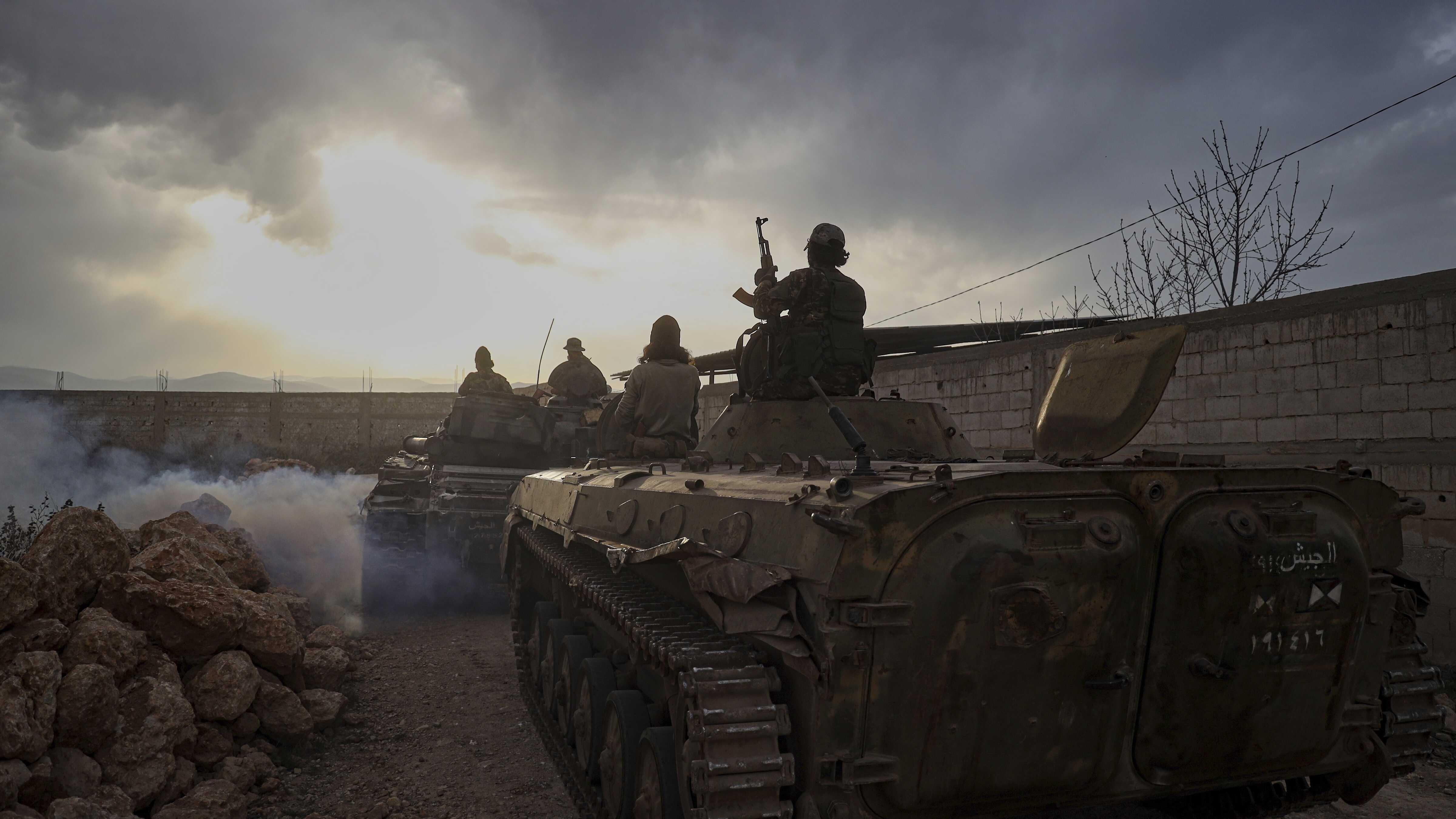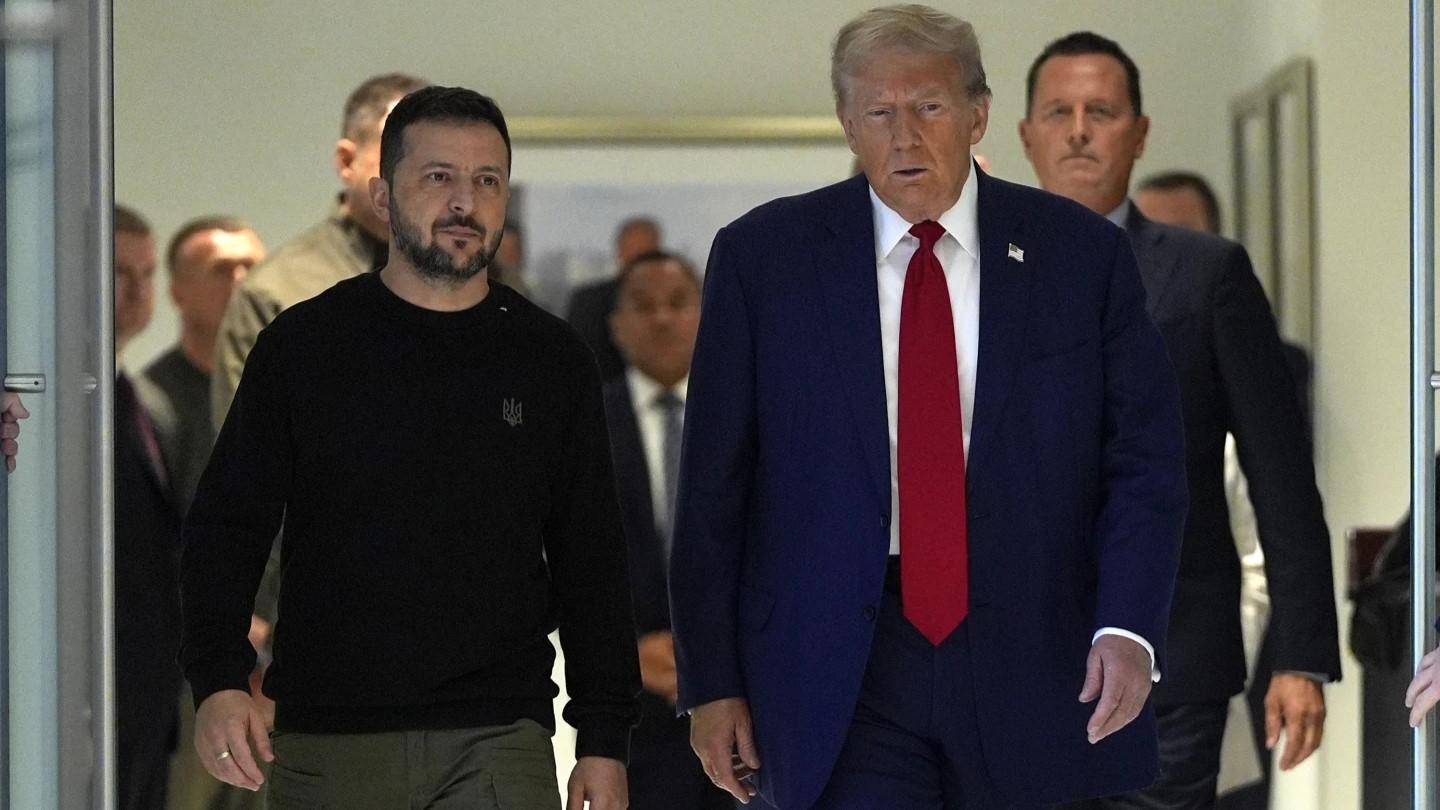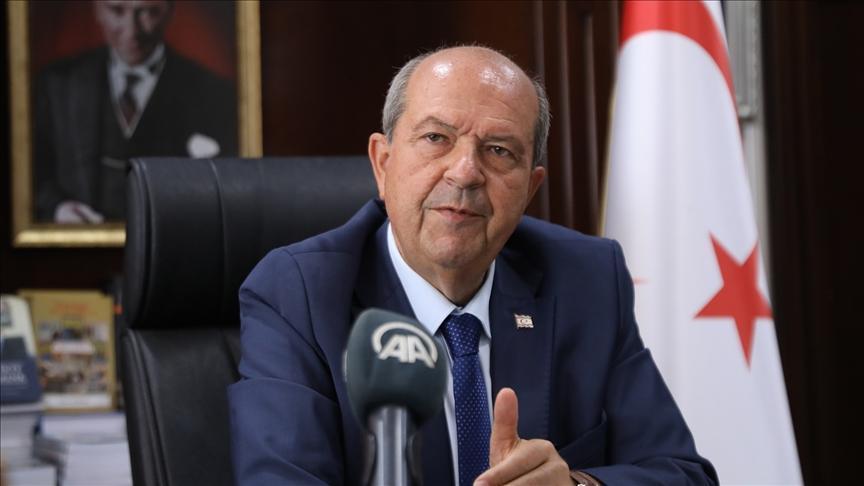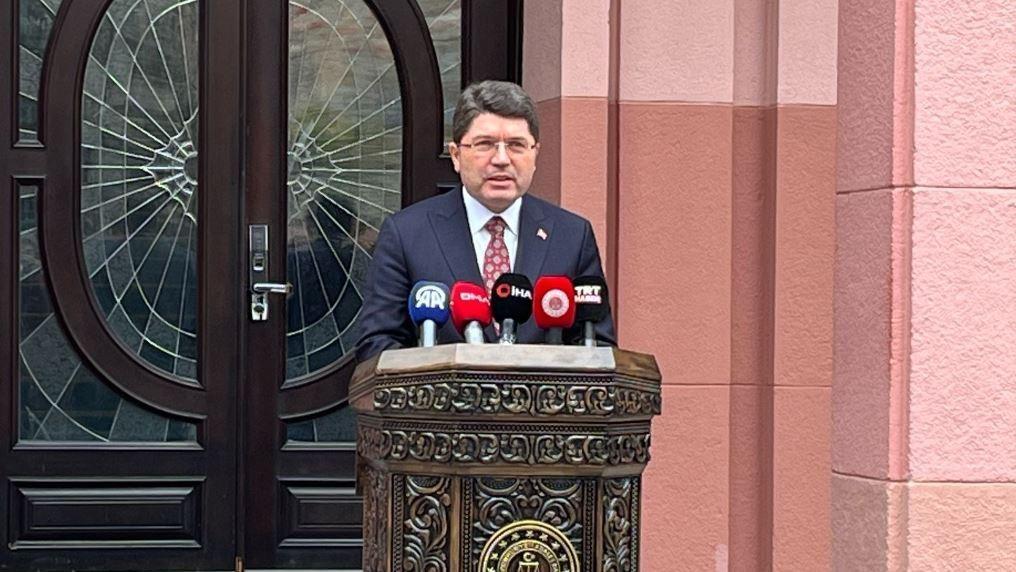A note for readers on Islamic radicalism
A piece in the International New York Times (Dec. 22, 2015) that was written by my fellow columnist in the Hürriyet Daily News, Mustafa Akyol, was a good read since Akyol duly reminds us of the fact that “it is wrong to pretend that the Islamic State has nothing to do with Islam as Islamophobia-wary Muslims like to say.” He then suggests that Muslims adopt tolerant Islamic versions and schools like “irja” as a panacea for the shortcomings of some other versions of Islam that have paved the way for radicalism and fanaticism. Akyol feels sorry that the aforementioned school of Islamic thought “could have been the basis for tolerant, non-conservative, pluralistic Islam – an Islamic liberalism” but disappeared quickly because it “unfortunately did not have enough influence on the Muslim world.”
I, however, wish the whole matter were as simple and hopeful.
“Unfortunately,” it was not a matter of “fortune” that Muslims have tended to forget the peaceful and plural versions of Islamic thought, something that is not a matter which only relates to the Islamic State of Iraq and the Levant (ISIL) or modern Islamic radicalism in general. Muslims throughout history have chosen versions other than the most peaceful and tolerant ones because they needed to legitimize traditional states, dynasties and/or minor claims to power. Besides, Muslims needed to be intolerant and exclusivist rather than tolerant and pluralistic to wage wars and occupy lands. Indeed, it was not a particular feature of Muslims to adopt rather undesirable versions of religions in the past and then equally disturbing versions of modern ideologies. That is why human history is no bed of roses. That is why the history of Christianity is more a history of wars, witch hunts, excommunications, pogroms and the like, rather than the embracement of the peaceful message of Jesus. In modern times, it is not a coincidence that the versions of nationalism which were translated into racism, fascism and nativism have been more influential than simple patriotism. Even liberalism itself often followed a similar path and evolved more in the direction of creating inequality rather than promoting liberty as promised.
I do not mean to point out “the dark side of human nature,” but I want to remind all those who try to relate the politics of radical Islam to false theologies that only purely philosophical contemplations on the basic issues of life and death can be comfortably debated on a theological basis; the rest is politics. I do not define politics in the narrow sense of the word as power games, but I am inclined to define it in the broadest way to include all factors which are influential on social and individual life in terms of power relations. Nonetheless, we should not forget that even the most banal aspect of politics have tremendous impacts on issues like Islamic radicalism. After all, it is the proxy wars of regional and global powers that have resulted in the rise of the ISIL phenomenon, as well as social exclusion, quests for identity and post-modern nihilism. Finally, Islamic radicalism is neither a medieval nor totally post-modern phenomenon; it has its roots in the modern history of power struggles, as well as being an outcome of “the discontents of modernity and modernization.”
In short, a quick review of human history can provide us a better insight into contemporary troubles than a search through theological schools, be they Islamic or otherwise. As for Islamic radicalism, a quick reading on the impacts of Cold War rivalries on Muslim countries and on internal struggles of power in Muslim nation-states could also be a better clue than Islamic theology.











